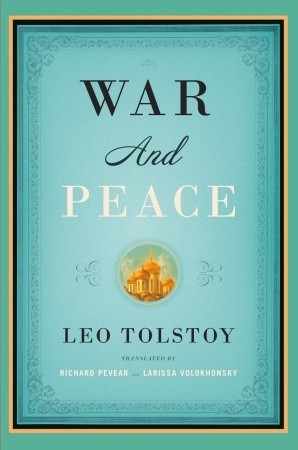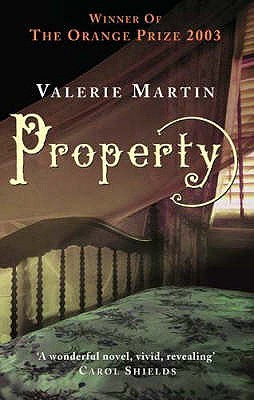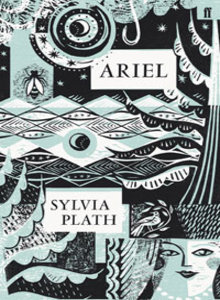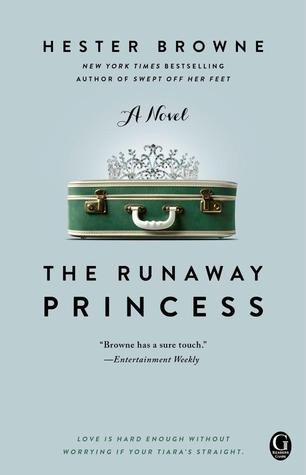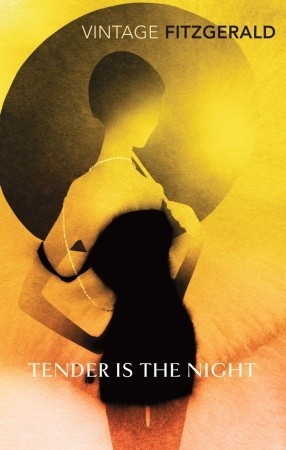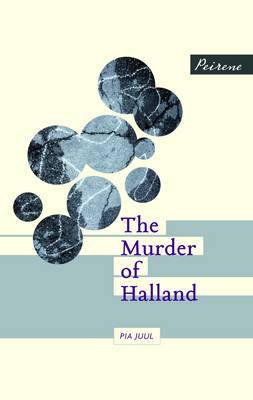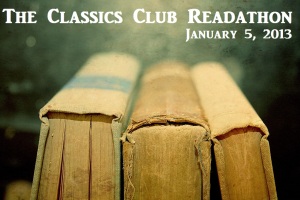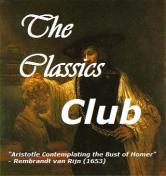It took me quite a while to read the third volume of A Song of Ice and Fire because I chose to read the version split into two paperbacks, making it easier to carry around and also enabling me to take a little break half way through. And I honestly needed the break because this is one of the most epic books I've ever read. It's by far the best of the series and there's no way I can gush about how fantastic it is without mentioning spoilers, so consider yourself warned!
So many dramatic events take place - it's like Martin spent books one and two building up to this epic, clearing the decks type of story. By the end of the second paperback there was a game-changing event in practically every chapter and I was completely and utterly hooked. I read the last 250 pages in one night, staying up much later than I should have done but I honestly could not put it down. Reading the book made me feel happy, angry, frustrated, shocked and amazed all at once.
The most shocking event was of course Robb's death during the Red Wedding. It was at this point that I realised that George R.R. Martin's world really isn't a safe one for any character, even one that the author seemed to have been grooming to be the eventual winner all along. It's been a while since I've felt actual anger at the direction a story was taking (I put the book down and complained to my husband, who has already read it) and it's a sign of how involved I was in the story. Up until that point, I had thought Martin was working towards the Starks being the eventual victors, but now I'm not so sure. The realisation that any of my favourite characters could be next in line for the axe made the story seem much more real and immediate.
After Robb's death, there were many other deaths but I was a bit desensitised. I wasn't expecting Joffrey to actually die and will miss him in an I-loved-to-hate-him way, he was such a great villain. Likewise I wasn't expecting Jaime to lose a hand or Tywin Lannister to be murdered. I knew Littlefinger was not to be trusted, but the last chapters at Eyrie revealed just how sinister and calculating he is. And the ending with Catelyn was unexpected to say the least!
One thing I admire about George R.R. Martin is how he can make me completely revise my opinion on a character by offering their point of view. In books one and two I thought there was nothing likeable about Jaime but through his story-line with Brienne he actually became one of my favourites. Likewise the Hound. I'm still not keen on the Wall story-lines (although I do like Jon) and was secretly hoping Mance Ryder and the wildlings would win as that would have been more interesting. Daenerys is an interesting character but I'm getting impatient for her to actually arrive in Westeros so her plot can link with the others.
It'll be interesting to see where Martin goes in the next book as the wars of the five Kings are well and truly over, with all but Stannis dead. I have a feeling the pace will slow and the story will start to build up again before reaching a crescendo like this one in a few books time.
Verdict: I haven't loved a book like I loved this one for a long time.
Source: Personal copy
Score: 5 out of 5



